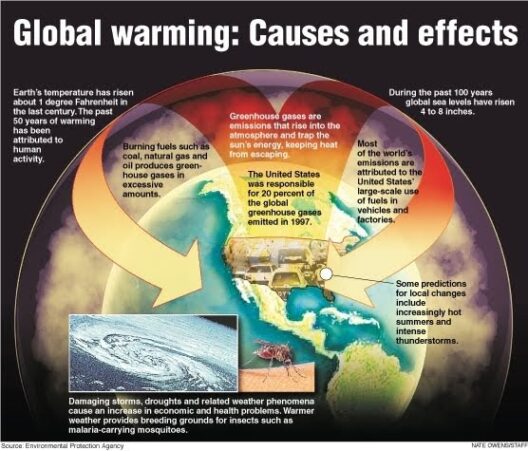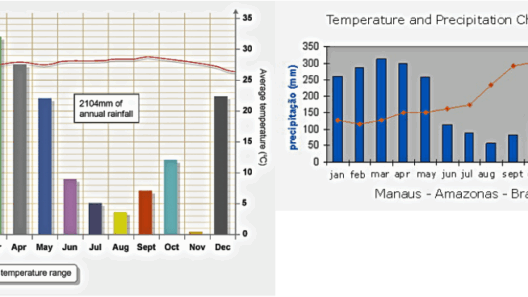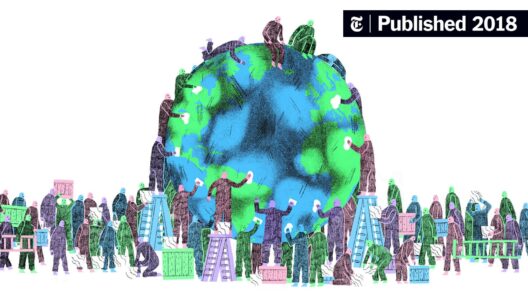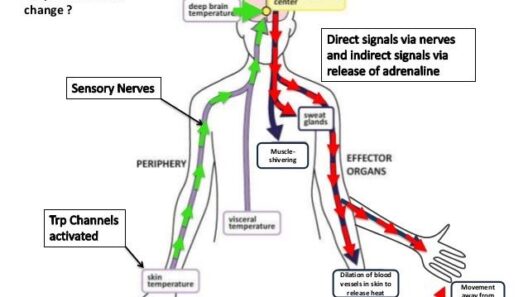In recent years, the discourse surrounding climate change has intensified, with widespread concerns about its potential impacts. However, an alternative perspective suggests that we ought not to worry excessively about climate change. This notion might sound paradoxical at first, yet delving into the intricacies of this argument reveals several compelling points worth examining. By exploring the nuances of climate change, the resilience of our planet, and the human spirit, one can uncover reasons that mitigate the urgency of our concerns.
First, it is vital to acknowledge that Earth has undergone numerous transformations long before human interference became prominent. Geological records indicate that our planet has experienced significant climatic shifts, including glaciation and warming periods, over millennia. Such cyclical phenomena suggest that climate variations are inherently natural processes, a dance between various earth systems that occur over eons. This perspective fosters a level of detachment from the immediate panic surrounding climate change and allows for a broader understanding of Earth’s resilience.
Furthermore, it is essential to recognize that human ingenuity has consistently risen to challenges throughout history. The industrial revolution exemplifies this capability, wherein humanity transitioned from agrarian lifestyles to sophisticated urban environments, all while addressing the environmental challenges of burgeoning industries. Technological advancements have repeatedly shown that innovation can complement environmental stewardship rather than oppose it. For instance, renewable energy sources, such as solar and wind, are experiencing exponential growth, leading to significant reductions in traditional pollutant emissions. This evolution reflects humanity’s adaptability and resourcefulness in the face of adversity.
Another argument against an all-consuming worry regarding climate change stems from the inherent complexities of climate systems. Climate science is replete with variables, uncertainties, and feedback loops that make predictions notoriously challenging. There is often a degree of speculation involved in projecting future outcomes, which can lead to exaggerated fears. For instance, approximations of temperature rises or sea level increases are fraught with caveats and variables that complicate clarity. Consequently, the actual manifestations of climate change may unfold in unexpected ways that do not strictly adhere to alarmist models.
Moreover, societal resilience plays a crucial role in mitigating the repercussions of environmental shifts. Communities worldwide have demonstrated their ability to adapt and thrive amid adversity, oftentimes spurred by climate-related challenges. Developing nations, particularly, serve as testaments to this resilience, adapting agricultural practices and infrastructure in response to climatic variability. Instead of succumbing to despair, these communities exemplify how cooperative efforts can lead to innovative solutions grounded in local knowledge and cultural practices.
Critically, the discourse surrounding climate change often overlooks the broader spectrum of challenges that humanity faces. Ineffable issues such as poverty, inequality, and access to clean water are immediate concerns that command attention and resources. By reallocating focus and energy towards these systemic challenges, societies may find that addressing climate change naturally aligns with the pursuit of broader social equity. A single-minded focus on climate change might inadvertently neglect these compounding issues, which can further exacerbate societal vulnerabilities.
In light of these factors, it is essential to cultivate a balanced perspective concerning climate change. Entering a state of constant alarm can lead to a sense of helplessness, stemming from an overwhelming perception of impending doom. Instead, adopting a more measured stance that embraces optimism while recognizing challenges can foster constructive dialogues about potential solutions. Empowering individuals to engage in pragmatic, effective actions in their communities can yield tangible outcomes—whether through conservation efforts, sustainable agriculture, or enhancement of infrastructural resilience.
Additionally, building a culture of innovation that prioritizes scientific inquiry and exploration will facilitate adaptive measures that can assuage climate-related fears. Encouraging interdisciplinary research and discourse can birth groundbreaking solutions that address not only the ramifications of climate change but also the underlying catalysts of environmental degradation. By investing in education and technological advancements, society can pivot from a fear-driven approach to a more progressive, action-oriented mindset.
Lastly, it is vital to remember the value of psychological well-being in the face of such colossal challenges. Regularly engaging with media that perpetuates an unremitting cycle of fear can lead to eco-anxiety, an overwhelming sense of dread about the future of the planet. To counteract this, fostering community engagement through environmental stewardship can provide a sense of agency and hope. Participating in local conservation initiatives or supporting sustainable businesses not only nurtures emotional well-being but can also galvanize collective action towards tangible outcomes.
In conclusion, the narrative that posits an incessant urgency to worry about climate change may serve as a disservice to both the planet and humanity. Although climate change undeniably poses significant challenges, adopting a measured perspective can enable both individual empowerment and collective resilience. Striking a harmonious balance between vigilance and optimism is paramount as we embark on the journey to understand and address the intricate tapestry of climate dynamics. This not only fosters a more constructive societal discourse but ultimately heralds a future where adaptive capacity and environmental stewardship coexist harmoniously.







